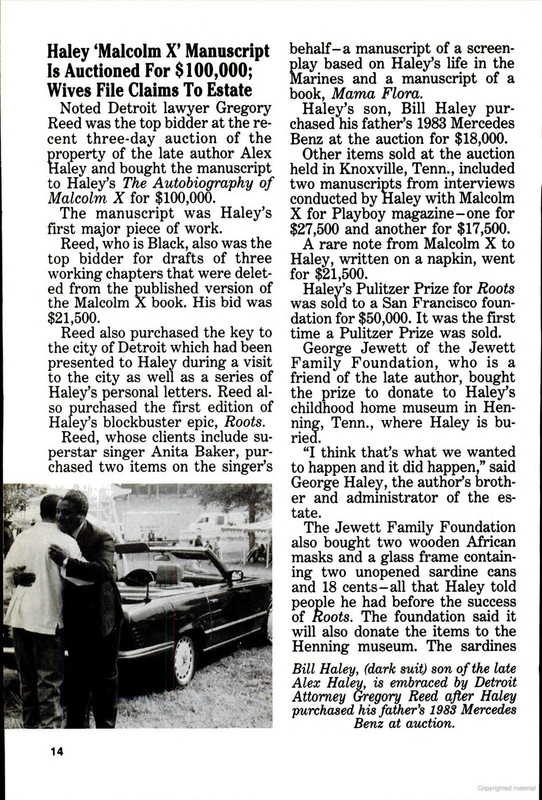Roland Coltrane
Superstar
some of this sounds very familiar 
The Missing Malcolm X

The Missing Malcolm X
At the center of Malcolm’s analysis in “The Negro” is the farce of liberal incrementalism. As an identity, “Negro” elevated a few black leaders to speak on behalf of all black people, propping up liberal narratives of incremental racial progress through tokenism and the facade of inclusion. Malcolm argued that racial integration was predicated on a discourse of inferiority: “sittin-in and kneeling-in at the bottom of the ladder, looking up and hollering ‘I’m just as good as you.’” He saw white philanthropy and civil rights leadership as a “black body with white heads.” And for those who said the Nation of Islam preached hate, he reminded that the “white man is in no moral position to ever accuse any black man of hate.”
Buried in the last three pages of the chapter are its greatest revelation. “‘First things come first,’ we are taught by the Honorable Elijah Muhammad,” Malcolm writes. That first step, however, will come as a surprise to many: political bloc strength. Malcolm and the Nation of Islam are often characterized as having been antagonistic to procedural politics—voting, legislation, and the like. But here Malcolm suggested that the black voting bloc could “overnight, take hold of the black man’s destiny in America.” He goes on to credit Muhammad as “advising the black masses to activate America’s greatest untapped source of political bloc strength.” Indeed, a year earlier Muhammad had declared that the future of black Americans “lies in electing our own.” The Muhammad Speaks newspaper claimed that the Nation of Islam might soon endorse candidates and participate in a nationwide voter registration drive in preparation for the 1964 election.
“The Negro” thus complicates narratives of rupture which position Malcolm’s foray into electoral politics as his first major shift after leaving the NOI. Even as Malcolm composed the chapter in 1963, a shift toward black bloc voting, voter registration drives, and black political parties was already underway. The all-black Freedom Now Party had been established in August 1963 during the March on Washington. The next year the activist Fannie Lou Hamer delivered her historic speech on behalf of the Mississippi Freedom Democratic Party (MFDP), which sought seats at the Democratic National Convention. Soon after Kennedy’s assassination, Barry Goldwater announced his candidacy as the Republican challenger in the 1964 election, and throughout the election Malcolm would return to one of his favorite folk metaphors: the fox and the wolf. Like Kennedy, Lyndon Johnson was a liberal fox who would eat you with a grin. Goldwater, by contrast, was a vocal opponent of the Civil Rights Act, the wolf who would eat you with a scowl. But both the fox and the wolf, Malcolm was fond of pointing out, belong to the same family. In “The Negro,” he called Democrats and Republicans “labels that mean nothing” to black people. Elsewhere he noted how in the United Nations, there are those who vote yes, those who vote no, and those who abstain. And those who abstain often “have just as much weight.” A sign of political maturity, he believed, was to first register black people, then organize them, and vote only when a candidate represented their interests.
Last edited:

